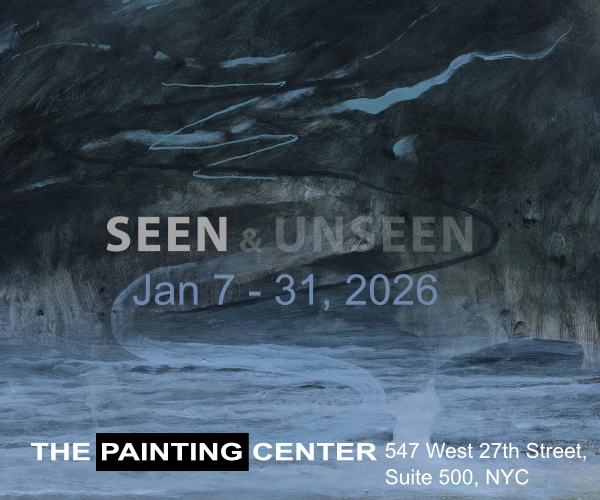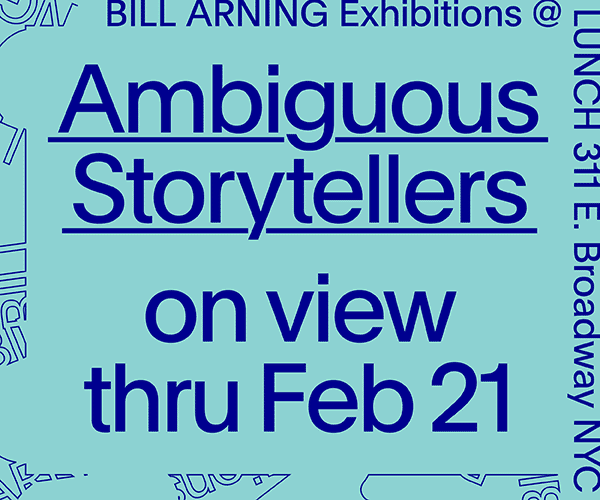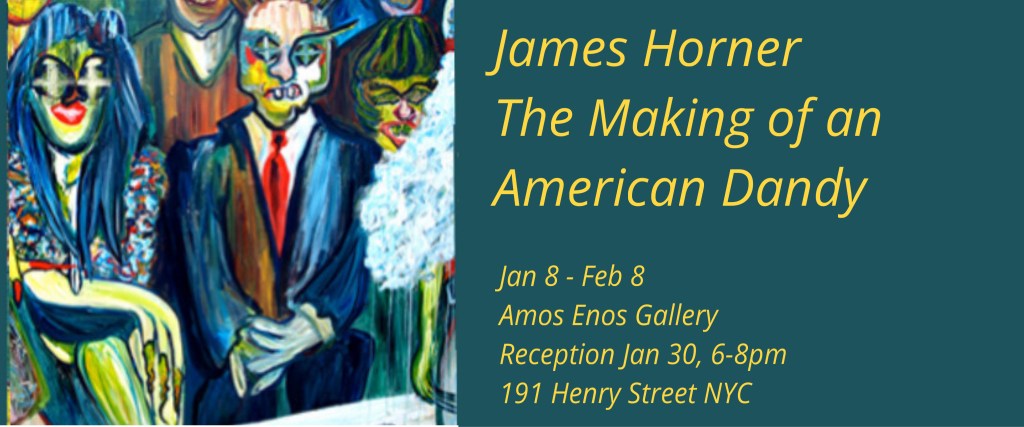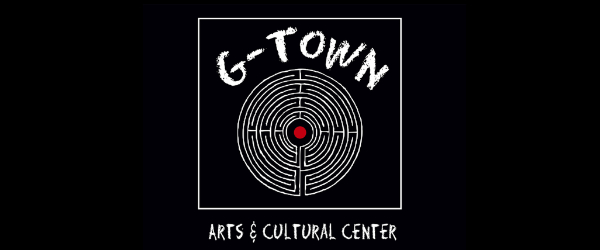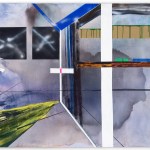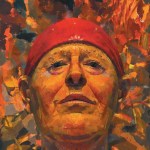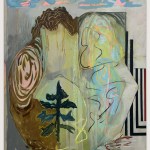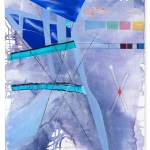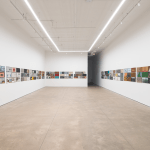“Raymond Pettibon: Here�s Your Irony Back (The Big Picture),” David Zwirner Gallery, New York, NY. Through October 20.
Other Pettibon sightings:
“Sympathy for the Devil: Art and Rock and Roll Since 1967,” curated by Dominic Molon. Museum of Contemporary Art, Chicago, IL. Through Jan. 6.
“Running Around the Pool: Contemporary Drawing,” curated by Terri Lindbloom. Florida State University Museum of Fine Art, Tallahassee, FL. Through Nov. 18.
Pettibon continues to blur the boundaries of high and low, pulling freely from sources that span the cultural spectrum. His visual and textual pairings spin from the quirkily connected to the bafflingly enigmatic, while always remaining emotionally and intellectually provocative.
In ArtCal Zine, Deborah Fisher says she has loved Pettibon’s work since she was a teenager, but that our times call for meaningful action, not empty political gestures in blue chip galleries. “Art cannot accomplish the act of overthrowing the motherfuckers in the White House. But it can inspire the act, envision the possibility, even define a viewership�s relation to power. Punk did this and Pettibon helped. But by limiting outrage and action to the sphere of individual expression and romanticizing futility, they have created a ‘counterculture’ that the empire has actually come to rely on. I do not doubt that this show is a sellout, and that the buyers feel vindicated because of their purchases. But right now, when it seems the entire op-ed staff of the New York Times is straightforwardly begging the American people to do more, it seems like a good time to stop luxuriating in this futility.” Read more.
In the NY Sun, Daniel Kunitz reports that Pettibon’s inscrutable, sardonic installation is begging Americans to think. “The irony in Mr. Pettibon’s ‘Big Picture’ is at times slippery though, to his credit, rarely ungraspable. The show’s title, for instance, can be taken to mean that this is no time for sentimentality � one of the better sheets here offers a 1950s-era girl kneeling by her bed below the words, ‘We Grew Up In A Mattel World.’ Or it can be taken as invective, thrusting ironies back in our faces � the naked, hooded prisoner seen throughout the show has become the international symbol of our land of liberty.” Read more.
For more insight into Pettibon’s psyche, check out excerpts from his installment of the PBS series, Art:21.

